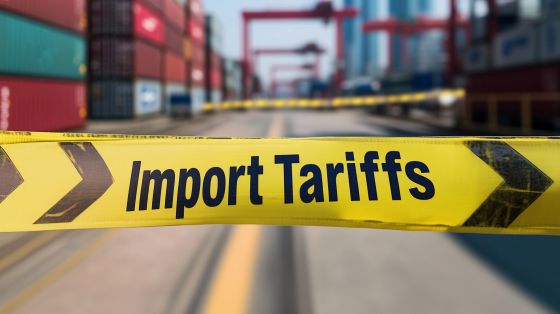Post on Truth Social cites flooding of products into the U.S. by outside countries as a reason for the move
WASHINGTON — On Thursday, President Donald Trump announced a 30% tariff on upholstered furniture, effective Oct 1, a move that threatens to raise the price across categories ranging from anything from stationary and motion sofas, sectionals, chairs and possibly upholstered beds.
While the post did not offer many specifics, the industry likely needs to be braced for the worst as upholstered furniture covers a range of product types.
“The reason for this is the large scale “FLOODING” of these products into the United States by other outside Countries,” Trump stated on the post. “It is a very unfair practice, but we must protect, for National Security and other reasons, our Manufacturing process. Thank you for your attention to this matter!”
It was not clear whether the tariffs will be on top of other existing tariffs on countries such as Vietnam, which already has a 20% tariff, and Malaysia, which has a 19% tariff. Both countries produce upholstery for the U.S. market as does Italy, a major resource for leather furniture.
The move certainly could put domestic manufacturers in a more competitive position, particularly those manufacturers in Mississippi, where lower middle priced goods compete more directly with imports. Other domestic manufacturers in states such as North Carolina, Virginia, Indiana and Ohio also could benefit.
The news falls just a month after the president threatened a major tariff investigation tied largely to wood products including furniture that could result in industry-specific tariffs. Here he stated that a key goal is to bring back industry manufacturing jobs to states such as North Carolina, South Carolina and Michigan.
Announced on his Truth Social account on Aug. 22, the investigation was expected to be completed in 50 days, or by Oct. 12, which is just less than two weeks before the officials start of the Oct. 26-30 High Point Market.
An imposition of a 30% rate on upholstered furniture imports will most certainly impact pricing heading into market, although this also would depend on how the tariffs apply to specific product segments.

